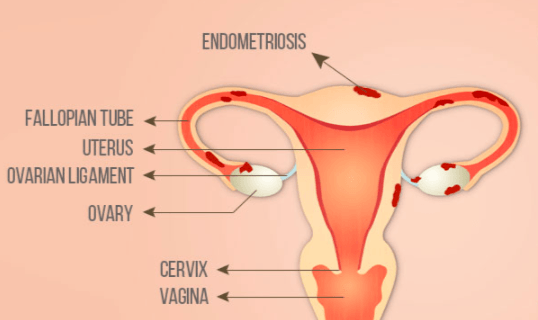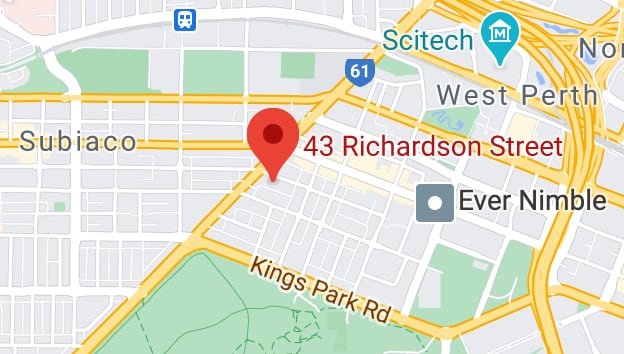What is Endometriosis?
Endometriosis is a common gynaecological problem affecting women of reproductive age. It occurs when the tissues of the uterus start growing on surfaces of other organs in the pelvis. Endometrium may grow on ovaries, fallopian tubes, outer surface of uterus, pelvic cavity lining, vagina, cervix, vulva, bladder or rectum. Patients may experience painful cramps in the lower abdomen, back or in the pelvis during menstruation, heavy menstrual bleeding, painful bowel movements or urination and infertility.
Cause of endometriosis
The exact cause is not well understood and there may actually be several different causes - genes that run in families, a defect in the immune system or hormonal imbalance are all theories as to why some women get endometriosis and others don’t.
I keep hearing the word ‘endometriosis’, is it something to worry about?
10% of all women of reproductive age are estimated to be affected by it. That’s millions of women globally; many remain unaware of its presence. One common symptom is significant and recurring pain.
Is Endometriosis contagious?
While there remain many myths about endometriosis, even in medical circles, it is neither an STD (sexually transmitted disease) nor is it contagious.

Clear communication means that I share my own expertise in a way that you can understand. I believe you deserve clear and personalised information, to understand your body, your health, and the options that may be available to you.
How do I know I have Endometriosis?
It’s very difficult to self-diagnose endometriosis. It often starts to become noticeable through increased period pain or pain at other times in the cycle. There can also be bowel related symptoms such as bloating or constipation/diarrhoea. Maybe you have been unsuccessfully trying to conceive – up to 50% of those who have it experience infertility problems.
Your gynaecologist will ask you about general health, your symptoms and perform a pelvic examination to feel for the presence of large cysts or scar tissue.
How can I help myself?
If you think you may have endometriosis it is best to visit a gynaecologist to investigate your symptoms. It can only be definitively diagnosed surgically using ‘keyhole’ or laparoscopic surgery and taking tissue samples. A good quality ultrasound can detect endometriotic cysts on the ovaries or severe disease in the pelvis.
Useful links
Do you experience severe pain from Endometriosis? Read about what you should expect with Endometriosis pain.
Endometriosis Treatment
If you are diagnosed with Endometriosis, use this link to find out more about treatment options.
Read more
Dr Hunter

Request an appointment
My Practice

Dr Tamara Hunters consults at The Woom
43 Richardson St
WEST PERTH WA 6005
Call: 08 9388 7780

